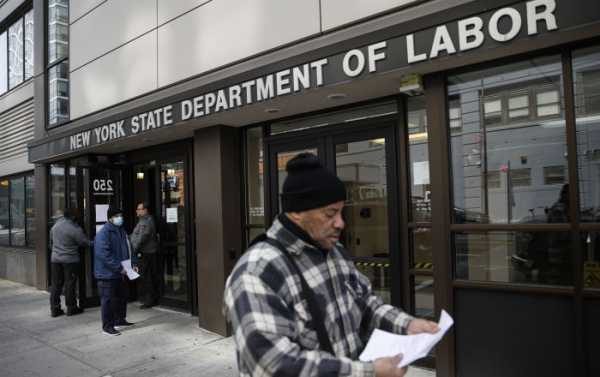
Almost five months since the onset of the coronavirus pandemic, the world has begun slowly returning to normal life (although what that new normal will be remains to be seen). For most businesses, this provides a much-needed breath of fresh air, however some unfortunates did not survive the choking.
From hospitality to manufacturing, from travel to retail, the global economy has been scarred and scared by the new coronavirus.
And just like the virus often causes life-threatening complications in patients with chronic conditions, it has pushed some already-struggling companies to suspend operations or declare bankruptcy.
Here are eight big businesses that went bust because of the pandemic.
1. Flybe
Airlines were one of the first companies to feel the blow from the pandemic. Flybe, the UK’s largest regional airline, was the industry’s first casualty of 2020.
Flybe was already making losses for most of the past decade, but abruptly-imposed travel restrictions drove it over the edge.
The airline, which had operated more than a third of all domestic flights and carried a quarter of all domestic passengers, went into administration (a procedure similar to bankruptcy) on 5 March. It has grounded all flights, while the government is trying to help 2,400 of its workers find jobs. Its website is no longer available.
2. Virgin Australia
Australia’s second-largest airline entered voluntary administration on 21 April and sought bankruptcy protection after the government denied its request for a bailout.
With almost $4.5 billion in debt, the Brisbane-based carrier grounded most of its flights said it would continue operating while looking for an investor. Some of the biggest bidders include the Queensland government, Brookfield Asset Management, and investment firm Bain Capital. Indian aviation tycoon Rahul Bhatia is rumoured to be weighing a bid too.
3. Avianca
The Colombian carrier is probably little known outside Latin America, but it is has a historic status of the world’s second-oldest continually operating airline after the Dutch KLM.
History doesn’t sell well these days, however, and Avianca filed for bankruptcy protection on 10 May, after failing to secure a government bailout with $66 million in outstanding bonds due this month. The airline said it would continue flying while it restructured its debts and travel restrictions got wound down.
4. Whiting Petroleum
After global travel, the coronavirus started taking down oil companies. The abrupt drop in oil prices in March resonated particularly strongly across the shale patch, and Whiting Petroleum on 1 April became the first shale producer to file for bankruptcy.
The Denver-based company had seen its market value shrink from $15 billion in 2011 to just $61.5 million before the bankruptcy. Three weeks after the filing, it reached a restructuring deal that would cut over $2.3 billion of its $3.6-billion debt in exchange for give creditors control over 97 percent of the company.
5. Freedom Oil and Gas
After two excruciating months, the oil market has slightly recovered as production cuts began worldwide and demand picked up. Freedom Oil and Gas (Houston) didn’t make it, bringing $10 million of debt to bankruptcy court on Monday, 11 May.
It now reportedly plans to sell all of its assets to Australian environmental consultancy Sendero Resources as part of reorganisation.
6. J.Crew
Shelter-in-place orders took a heavy toll on retailers who have already been struggling from competition posed by e-commerce. J.Crew Group, which operates both the J.Crew and Madewell brands, is the biggest US retailer so far to have filed for bankruptcy protection.
The chain said it plans to stay in businesses and had reached a deal with lenders to turn $1.65 billion in debt into equity.
7. True Religion
True Religion, once an upstart denim brand, filed its second bankruptcy petition in three years on 13 April.
The designer had to shut all of its physical locations indefinitely, saying in a court filing that it” simply could not afford” to wait out the pandemic. The retailer’s largest lenders, ABL and Term Loan, are investing fresh money for the company to reorganise. Its online store is still operating.
8. XFL
The virus proved to be deadly for the world of sports as well. The XFL, a new American football league owned by billionaire and WWE CEO Vince McMahon, has become the first professional league to succumb to the virus.
Just five weeks into its inaugural season, the XFL suspended operations and laid off all of its employees, after it was forced to cancel the remainder of the competition. Three days later, on 13 April, the league’s parent company Alpha Entertainment filed for bankruptcy.
McMahon, whose first attempt to launch the XFL in 2001 was also a failure, had expected to spend $500 million on the second one. Third time a charm?
Sourse: sputniknews.com
0.00 (0%) 0 votes


































